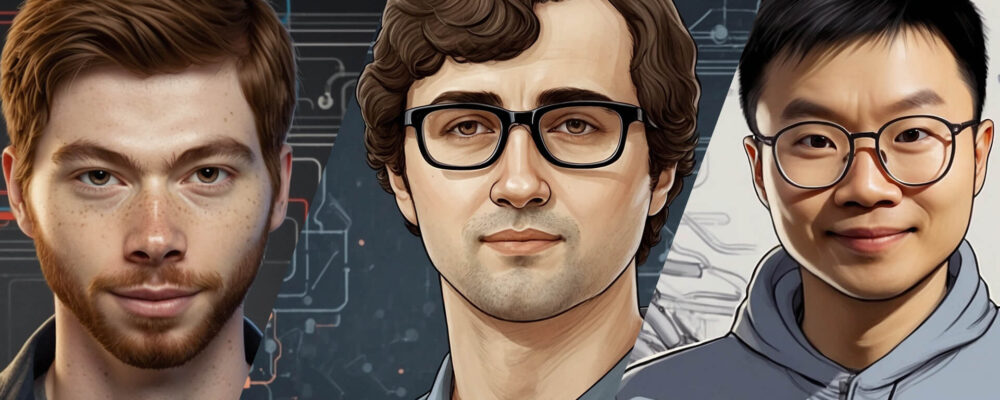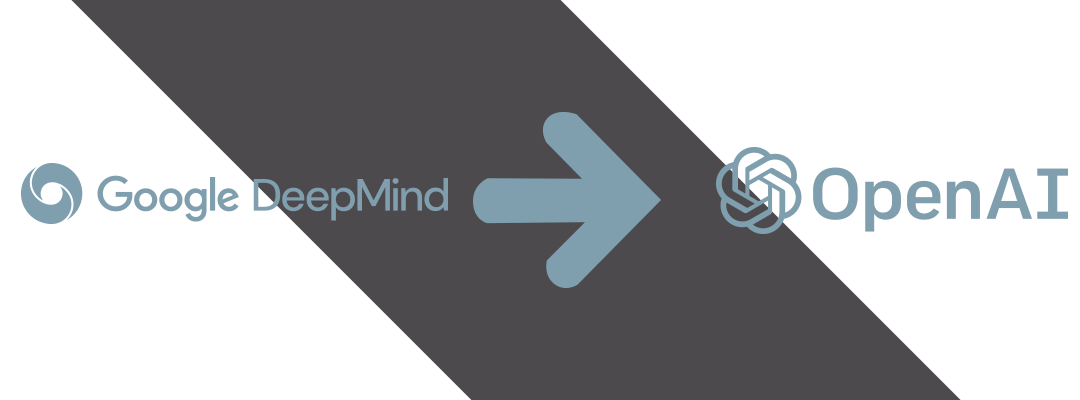OpenAI Poaches Top Talent from Google DeepMind
In a significant move that underscores the intensifying competition in the artificial intelligence sector, OpenAI has hired three prominent engineers from Google DeepMind. The three experts, Lucas Beyer, Alexander Kolesnikov, and Xiaohua Zhai, will join OpenAI’s newly opened office in Zurich, Switzerland, focusing on advancing multimodal artificial intelligence capabilities.
This development, announced in an internal memo to OpenAI staff, highlights OpenAI’s ongoing efforts to expand its capabilities in the AI landscape. Beyer, Kolesnikov, and Zhai bring substantial expertise in computer vision and machine learning. Their work will contribute to developing artificial intelligence models capable of operating across different mediums, such as images, text, and audio.
A New Chapter in Multimodal AI
OpenAI has been at the forefront of multimodal AI research, having introduced innovative tools like the text-to-image generator DALL-E and enhancing its popular chatbot, ChatGPT, to incorporate voice and image interactions. The latest version of DALL-E is already available directly within ChatGPT, a testament to the company’s commitment to integrating multimodal capabilities into its product line.
The newly formed Zurich office will serve as a hub for this development, bringing the combined expertise of the three engineers into one of Europe’s emerging tech hotspots. Zurich, home to ETH Zurich—one of the world’s leading computer science institutions—has seen an influx of tech talent, drawing attention from companies like Apple and Google, both of which have set up research teams in the city.
The Broader Talent Competition in AI
The hiring of Beyer, Kolesnikov, and Zhai reflects the ongoing competition between AI companies, who are seeking to recruit top-tier AI researchers. It is not uncommon for leading researchers to move between companies as opportunities arise, often attracted by competitive compensation packages.
This competition for talent is not restricted to OpenAI and DeepMind. In recent months, major shifts have occurred across the AI landscape. Tim Brooks, a key figure in OpenAI’s video generator project, departed to join Google. Meanwhile, Microsoft hired Mustafa Suleyman from Inflection AI, securing most of the startup’s talent along the way. Even OpenAI co-founder Ilya Sutskever left to start his own venture, Safe Superintelligence, which focuses on AI safety and managing existential risks.
OpenAI has faced notable departures as well. Former Chief Technology Officer Mira Murati left the company recently, reportedly to launch her own AI startup. Despite these departures, the company’s expansion plans continue at full speed—including new offices planned in New York City, Seattle, Brussels, Paris, and Singapore, alongside its existing outposts in London, Tokyo, and other major cities.
The Road Ahead
As AI companies scramble to secure the best talent and gain an edge in innovation, OpenAI’s recruitment signals its determination to remain competitive. The addition of Beyer, Kolesnikov, and Zhai represents a significant step in its broader global expansion strategy.
While the coming years will likely see more changes in the composition of talent at these AI giants, the overall trend is clear: AI research is global, fast-paced, and immensely competitive. Zurich is just the latest battleground in the ongoing quest for AI advancement, and OpenAI has positioned itself well with its latest high-profile hires.


